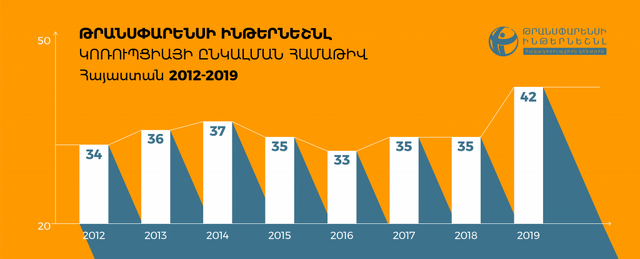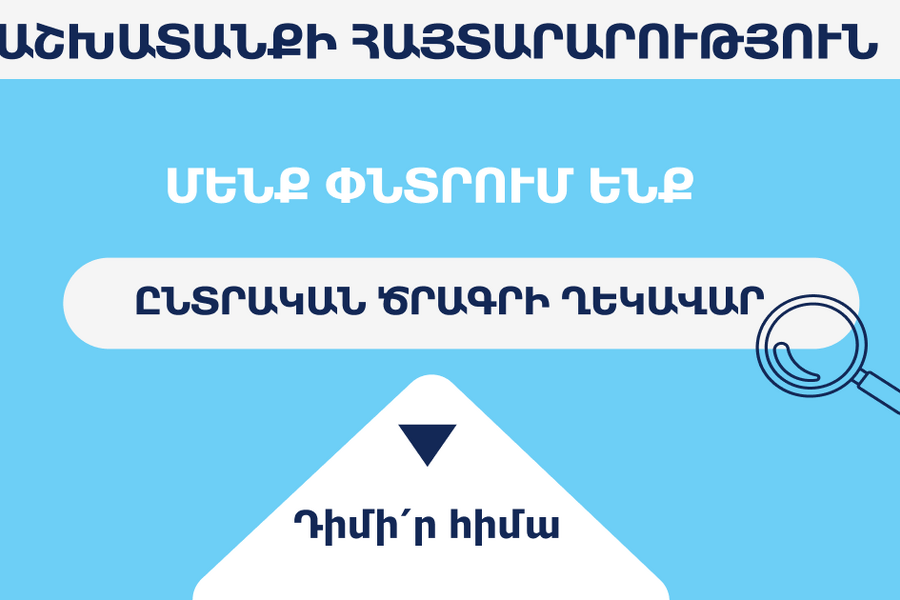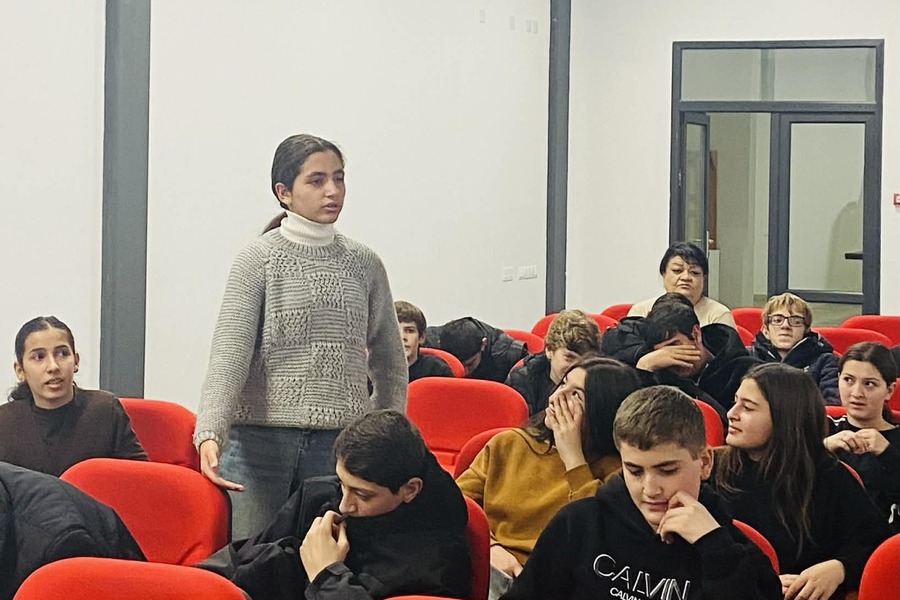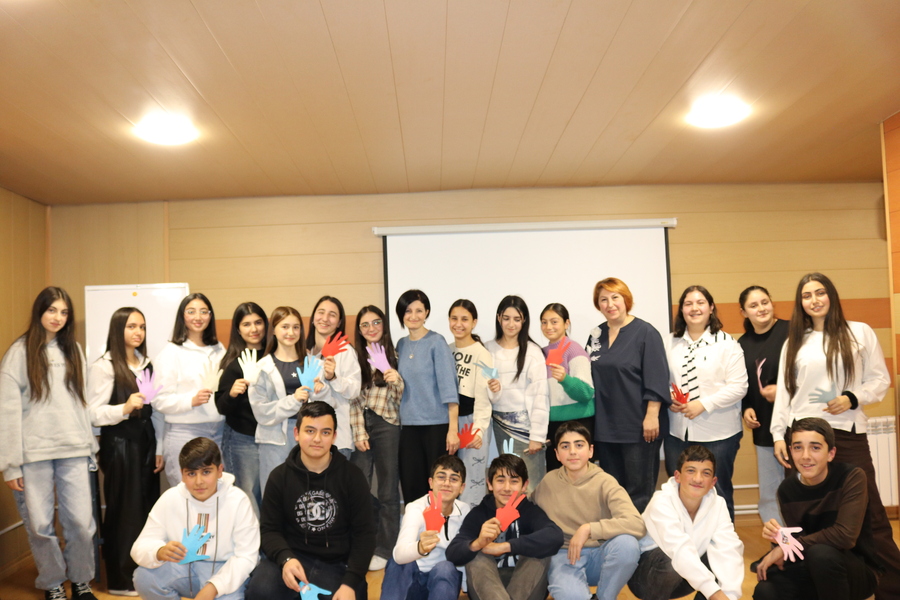2019 Corruption Perceptions Index shows anti-corruption efforts stagnating in G7 countries
Analysis reveals corruption more pervasive in countries where money influences political power
Berlin, 23 January 2020 – More than two-thirds of countries – along with many of the world’s most advanced economies – are stagnating or showing signs of backsliding in their anti-corruption efforts, according to the 2019 Corruption Perceptions Index (CPI) released today by Transparency International.
Countries in which elections and political party financing are open to undue influence from vested interests are less able to combat corruption, analysis of the results finds.
“Frustration with government corruption and lack of trust in institutions speaks to a need for greater political integrity,” said Delia Ferreira Rubio, Chair of Transparency International. “Governments must urgently address the corrupting role of big money in political party financing and the undue influence it exerts on our political systems.”
CPI HIGHLIGHTS
The CPI ranks 180 countries and territories by their perceived levels of public sector corruption, drawing on 13 expert assessments and surveys of business executives. It uses a scale of zero (highly corrupt) to 100 (very clean).
More than two-thirds of countries score below 50, with an average score of only 43. Since 2012, only 22 countries have significantly improved their scores, including Estonia, Greece and Guyana. Twenty-one have significantly declined, including Australia, Canada and Nicaragua.
Our research shows several of the most advanced economies cannot afford to be complacent if they are to keep up their anti-corruption momentum. Four G7 countries score lower than last year: Canada (-4), France (-3), the UK (-3) and the US (-2). Germany and Japan have seen no improvement, while Italy gained one point.
CORRUPTION AND POLITICAL INTEGRITY
Analysis shows that countries that perform well on the CPI also have stronger enforcement of campaign finance regulations and broader range of political consultation.
Countries where campaign finance regulations are comprehensive and systematically enforced have an average score of 70 on the CPI, whereas countries where such regulations either don’t exist or are poorly enforced score an average of just 34 and 35 respectively.
Sixty per cent of the countries that significantly improved their CPI scores since 2012 also strengthened regulations around campaign donations.
“The lack of real progress against corruption in most countries is disappointing and has profound negative effects on citizens around the world,” said Patricia Moreira, Managing Director of Transparency International. “To have any chance of ending corruption and improving peoples’ lives, we must tackle the relationship between politics and big money. All citizens must be represented in decision making.”
Countries with broader and more open consultation processes score an average of 61 on the CPI. By contrast, where there is little to no consultation, the average score is just 32.
A vast majority of countries that significantly decreased their CPI scores since 2012 do not engage the most relevant political, social and business actors in political decision-making.
RECOMMENDATIONS
To reduce corruption and restore trust in politics, Transparency International recommends that governments:
- Reinforce checks and balances and promote separation of powers.
- Tackle preferential treatment to ensure budgets and public services aren’t driven by personal connections or biased towards special interests;
- Control political financing to prevent excessive money and influence in politics;
- Manage conflicts of interest and address “revolving doors”;
- Regulate lobbying activities by promoting open and meaningful access to decision-making;
- Strengthen electoral integrity and prevent and sanction misinformation campaigns;
- Empower citizens and protect activists, whistleblowers and journalists;
For a full list of recommendations, go to: www.transparency.org/cpi2019
Notes to editors
Transparency International’s 2019 Corruption Perceptions Index reports incorporates data from Varieties of Democracy Project (V-Dem).
About Transparency International
Transparency International is the global civil society organisation leading the fight against corruption for more than 25 years. Join our efforts at transparency.org.
About the Corruption Perceptions Index
Since its inception in 1995, the Corruption Perceptions Index has become the leading global indicator of public sector corruption. In 2012, Transparency International revised the methodology used to construct the index to allow for comparison of scores from one year to the next. For more information, visit www.transparency.org/research/cpi
Regional Analysis
Eastern Europe and Central Asia
Across the region, countries experience limited separation of powers, abuse of state resources for electoral purposes, opaque political party financing and conflicts of interest.
Only three countries score above the global average: Georgia (56), Belarus (45) and Montenegro (45). At the bottom of the region are Turkmenistan (19), Uzbekistan (25) and Tajikistan (25).
Strong political influence over oversight institutions, insufficient judicial independence and limited press freedoms serve to create an over-concentration of power in many countries across the region.
Despite aspirations to join the European Union, the scores in six Western Balkan countries and Turkey have not improved. Turkey (39) declined significantly by 10 points since 2012, while Bosnia and Herzegovina (36) declined by six points in the same period. A lack of political will and a decline in implementation of laws and regulations are real challenges.
Since 2012, Belarus (45), Kyrgyzstan (30) and Uzbekistan (25) have significantly improved on the CPI. However, these three post-Soviet states continue to experience state capture and a failure to preserve checks and balances.
While Uzbekistan has loosened some media restrictions, it still remains one of the most authoritarian regimes worldwide.
State capture and the concentration of power in private hands remain a major stumbling block in the region. Corruption can only be addressed effectively if political leaders prioritise public interests and set an example for transparency.
COUNTRIES TO WATCH
Armenia
With a score of 42, Armenia improves by seven points since last year. Following the revolution in 2018 and the formation of a new parliament, the country has demonstrated promising developments in advancing anticorruption policy reforms.
Despite these improvements, conflicts of interests and nontransparent and unaccountable public operations remain impediments to ending corruption in the country.
While improving political integrity will take time and resources, increasing public trust in law enforcement and the judiciary are critical first steps in ensuring appropriate checks and balances and improving anti-corruption efforts.
In Armenia, political will and implementation of anti-corruption policies are important, while fundamental and urgent change of political culture and governance is crucial.
Kosovo
With a score of 36, Kosovo, is experiencing a shift in parliamentary power that could offer an opportunity for change. After years of criticising the government and international community in Kosovo for their failure to address corruption, the Self-Determination (Vetevendosje) party, which recently won a majority of parliamentary seats, has a chance to demonstrate its commitment to combating corruption.
During the election campaign, the party was one of a few that responded to requests to disclose campaign costs.
However, it remains to be seen if a new government will live up to a higher standard of political integrity. It can do so by abandoning the usual practice of political appointments in state-owned enterprises and by establishing a strong legal obligation for financial disclosure by political parties.
In Kosovo, the new parliament has an opportunity to reverse the shortcomings of the previous administration and prioritise anti-corruption efforts.
CPI 2019 Scores for Armenia and Other Countries of the Region
Armenia's 2019 CPI score is 42 (7 point increase compared to previous year) and its standard error – 4.31. Figure 1 presents Armenia's CPI scores from 2012 to 2019.
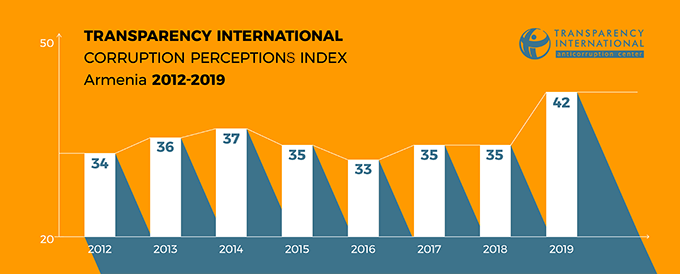
In the 2019 CPI ranking table Armenia together with Bahrain and Solomon Islands shares 77th to 79th places among 180 countries.
According to Transparency International’s regional division, Armenia continues to be included in the Eastern Europe – Central Asia region. Table 1 shows the 2019 CPI ranking table for that region. This region includes Balkan countries of Montenegro, Serbia, Bosnia and Herzegovina, Albania, North Macedonia and Kosovo, former Soviet republics, except Baltic countries (Latvia, Lithuania and Estonia), which are EU member countries, as well as Turkey.
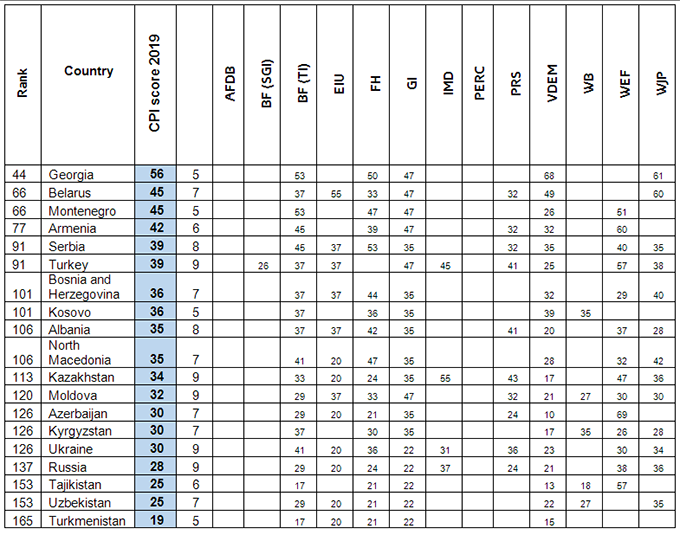
As it can be seen from the Table, Armenia is on the 4th place among 19 countries of the region (in 2018 it was on 10th place). Similar to 2018 in the region Armenia lags behind Georgia and Belarus, whose 2019 CPI scores are 56 (44-47th places – the highest score in the region) and 45 (66-69th places – second highest score in the region), respectively.
As of Armenia's neighbors, Armenia continues to be behind only from Georgia, and for the first time it surpassed Turkey, whose 2019 score was 39 (91-92th places). Armenia’s two other neighbors, Azerbaijan (126-129th places) and Iran (146-152th places) remain behind Armenia. Their 2019 CPI scores were 30 and 26, respectively. Figure 2 presents the dynamics of Armenia's and its neighbors' CPI scores from 2012 to 2018.
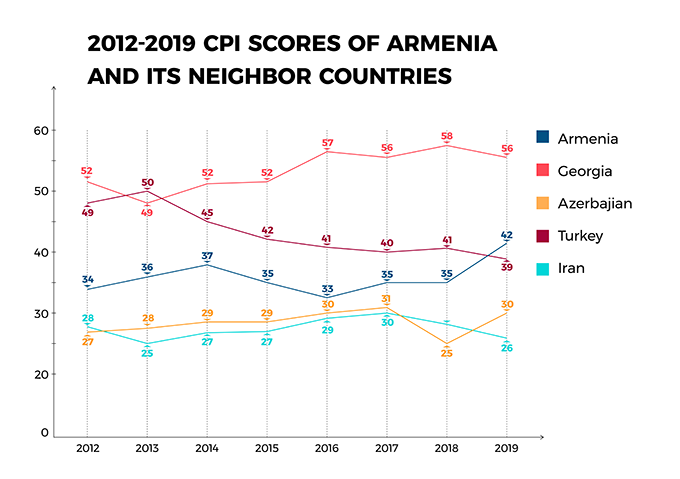
Except Belarus, other member countries of Eurasian Economic Union (EEU) continue to score worse, than Armenia. In particular, Russia’s 2019 CPI score is 28 (same as in 2018 - 137-145th places), Kyrgyzstan’s – 30 (126-129th places) and Kazakhstan’s – 34 (113-118th places). Figure 3 shows the dynamics of Armenia’s and other EEU member states CPI scores from 2012 to 2019.
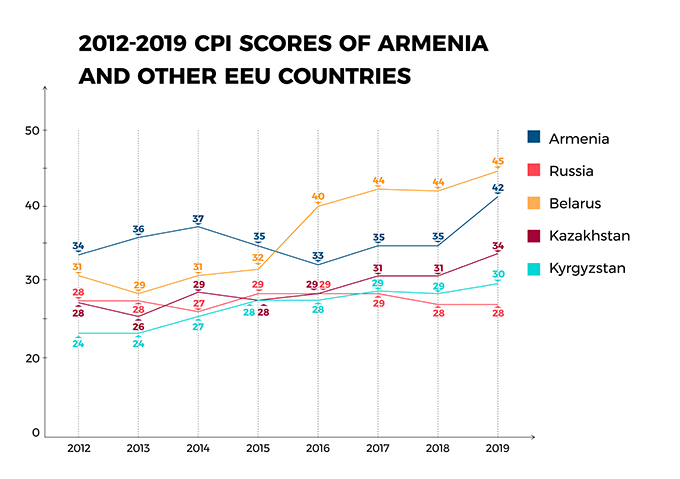
See Resources on TIAC website for details


